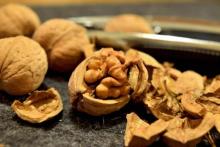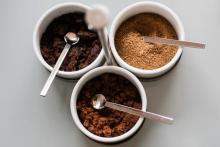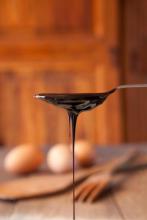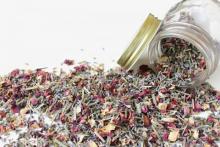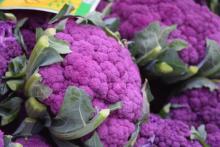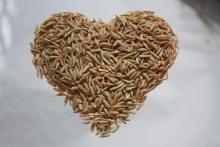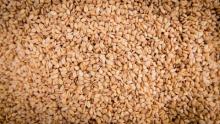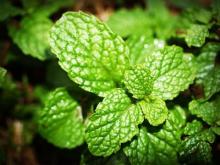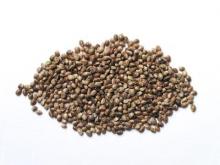Superfood 101: Walnuts!
The walnut tree is found from the Balkans to China. It is a slow-growing tree, and its fruit has been eaten by Europeans for more than 8,000 years. The ancient Greeks began cultivating the trees and the practice spread throughout Europe. The walnut tree came to North America with the English settlers in the early 19th century – and thus the walnut got its name the English walnut. Today the largest groves of walnut trees are found in Kyrgyzstan at high elevations.

